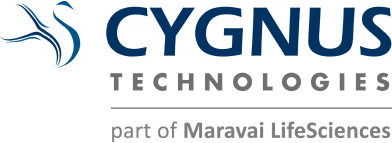C1 HCP ELISA Kit - (F1025)
Recombinant expression by the C1 filamentous fungus Thermothelomyces heterothallica cell line is a simple and cost-effective method for production of monoclonal antibodies, recombinant proteins, and vaccines. The manufacturing and purification process of these products leaves the potential for impurities by host cell proteins (HCPs) from C1 cells. HCP can reduce the efficacy of the therapeutic agent, result in adverse immunological reactions or interfere with drug stability. Thus, HCP impurities should be reduced to the lowest levels practical.
This simple-to-use, objective, and semi-quantitative ELISA is a sensitive and specific method to aid in optimal purification process development, process control, and in routine quality control and product release testing. This kit is “generic” in the sense that it is intended to react with essentially all of the HCPs that could contaminate the product independent of the purification process. The antibodies have been generated against and affinity purified using C1 HCPs recovered from protein additive free C1 growth media. The antibodies used in this kit were characterized by Antibody Affinity Extraction (AAE) and Mass Spectrometry, demonstrating reactivity to the majority of HCPs.
This new Cygnus Technologies' C1 HCP ELISA Kit provides the specificity and sensitivity (LOD ~1 ng/ml, LLOQ ~3 ng/ml) to detect HCPs with reproducibility that supports regulatory compliance, aiding in optimal purification process development, process control, routine quality control, and product release testing. Please use Sample Diluent, Item No. I028, with these kits; available separately
Recombinant expression by the C1 filamentous fungus Thermothelomyces heterothallica cell line is a simple and cost-effective method for production of monoclonal antibodies, recombinant proteins, and vaccines. The manufacturing and purification process of these products leaves the potential for impurities by host cell proteins (HCPs) from C1 cells. HCP can reduce the efficacy of the therapeutic agent, result in adverse immunological reactions or interfere with drug stability. Thus, HCP impurities should be reduced to the lowest levels practical.
This simple-to-use, objective, and semi-quantitative ELISA is a sensitive and specific method to aid in optimal purification process development, process control, and in routine quality control and product release testing. This kit is “generic” in the sense that it is intended to react with essentially all of the HCPs that could contaminate the product independent of the purification process. The antibodies have been generated against and affinity purified using C1 HCPs recovered from protein additive free C1 growth media. The antibodies used in this kit were characterized by Antibody Affinity Extraction (AAE) and Mass Spectrometry, demonstrating reactivity to the majority of HCPs.
This new Cygnus Technologies' C1 HCP ELISA Kit provides the specificity and sensitivity (LOD ~1 ng/ml, LLOQ ~3 ng/ml) to detect HCPs with reproducibility that supports regulatory compliance, aiding in optimal purification process development, process control, routine quality control, and product release testing. Please use Sample Diluent, Item No. I028, with these kits; available separately
| Product Type | ELISA Kit |
|---|---|
| Recommended Storage | 2°C to 8°C |
| Target Expression System | C1 |
| Assay format | 96 Well Plate |
| Time to result | ~1 hr. 50 min |
| LOD | ~1 ng/mL |
| LLOQ | ~3 ng/mL |
| Recommended Diluent | I028 |







